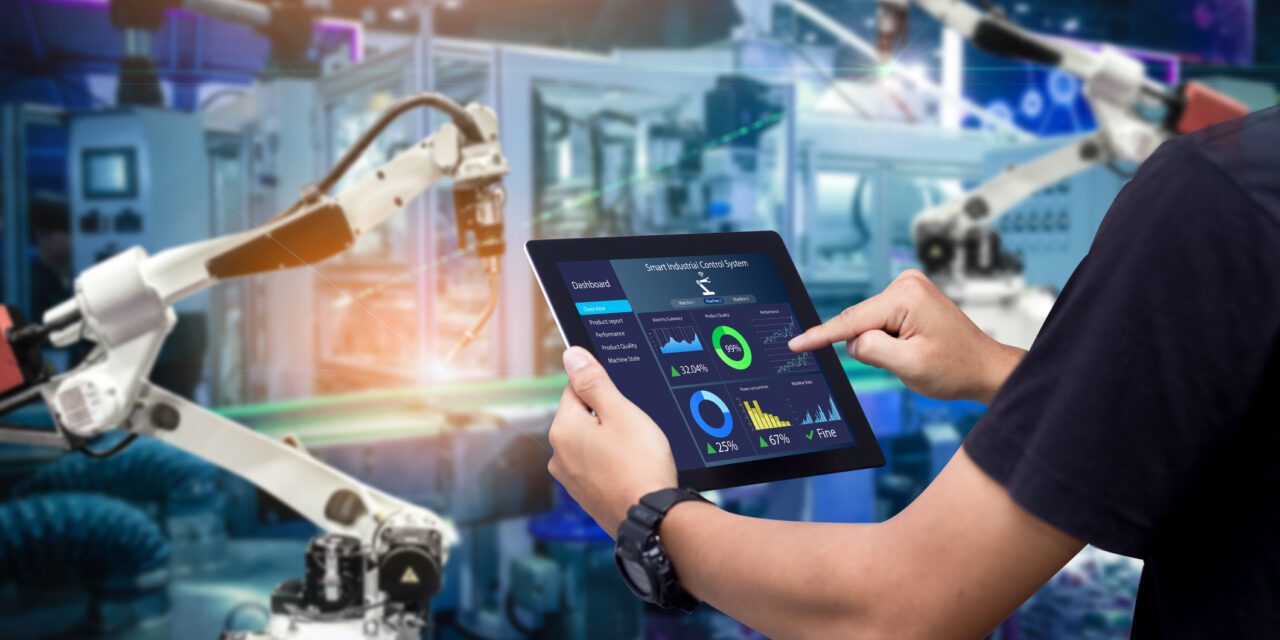Introduction to Smarter Healthcare
Smarter Healthcare In the rapidly evolving landscape of healthcare, technology plays a pivotal role in revolutionizing patient care. From improving diagnostics to enhancing communication between healthcare providers and patients, innovative technologies are reshaping the way healthcare is delivered. In this blog, we will explore the various ways in which technology is contributing to smarter healthcare, ultimately leading to better patient outcomes.
- Telemedicine Bridging Gaps in Access: Telemedicine has emerged as a game-changer, particularly in addressing geographical barriers and improving access to healthcare services. Through virtual consultations, patients can connect with healthcare professionals, receive medical advice, and even get prescriptions without the need for physical visits. This not only enhances convenience but also ensures that individuals in remote areas can access quality healthcare.
- Electronic Health Records (EHRs) Streamlining Information: The transition from paper-based records to Electronic Health Records has significantly improved the efficiency of healthcare delivery. EHRs allow for seamless sharing of patient information among healthcare providers, leading to better coordination of care. This centralized and accessible repository of medical data aids in quicker and more accurate diagnoses, reducing the chances of medical errors.
- Artificial Intelligence (AI) in Diagnostics: AI is transforming the diagnostic process by analyzing vast amounts of medical data with speed and precision. Machine learning algorithms can identify patterns and anomalies in medical images, aiding in early detection of diseases such as cancer. AI is also being used for predictive analytics, helping healthcare providers anticipate potential health issues and intervene proactively.
- Wearable Health Tech Empowering Patients: The rise of wearable devices, such as smartwatches and fitness trackers, has empowered individuals to take charge of their health. These devices monitor various health metrics in real-time, providing users and their healthcare providers with valuable data. From tracking physical activity to monitoring vital signs, wearable health tech encourages preventive measures and enables timely interventions.
- IoT in Healthcare Improving Patient Monitoring: The Internet of Things (IoT) has found applications in healthcare through the development of connected medical devices. These devices can monitor patients remotely, transmitting real-time data to healthcare professionals. This continuous monitoring is particularly beneficial for patients with chronic conditions, as it allows for early detection of changes in health status, reducing hospital admissions and improving overall care.
- Robotic Surgery Precision and Efficiency: Robotic-assisted surgery has elevated the precision and efficiency of certain medical procedures. Surgeons can control robotic systems to perform intricate surgeries with greater accuracy, leading to reduced recovery times and minimized invasiveness. This technology is particularly advantageous in complex surgeries, offering improved outcomes for patients.
- Blockchain for Data Security: The implementation of blockchain technology in healthcare enhances the security and integrity of patient data. By providing a decentralized and tamper-resistant system, blockchain ensures that sensitive medical information is protected from unauthorized access. This not only safeguards patient privacy but also fosters trust in the healthcare system.
Conclusion
As technology continues to advance, the healthcare industry is poised for unprecedented transformations. From telemedicine breaking down barriers to AI revolutionizing diagnostics, each innovation contributes to a smarter and more patient-centric healthcare system. Embracing these technological advancements not only improves the efficiency of healthcare delivery but also enhances the overall quality of patient care, making strides toward a healthier and more connected future.





